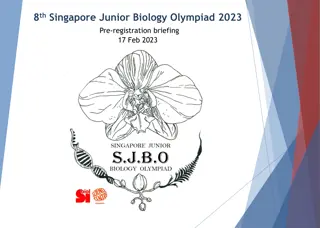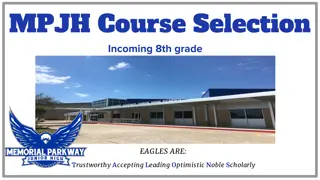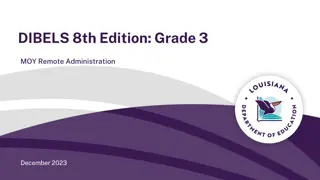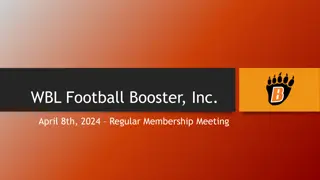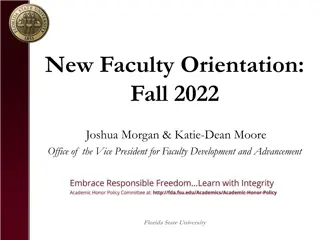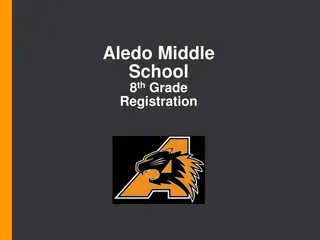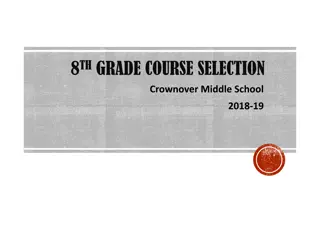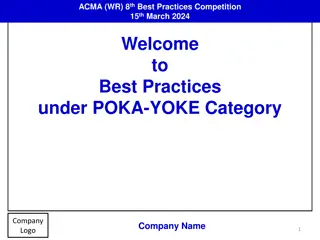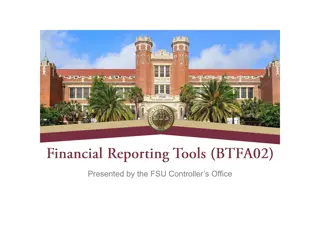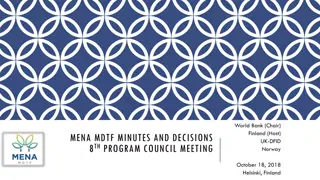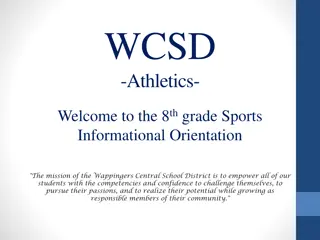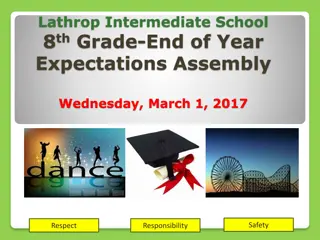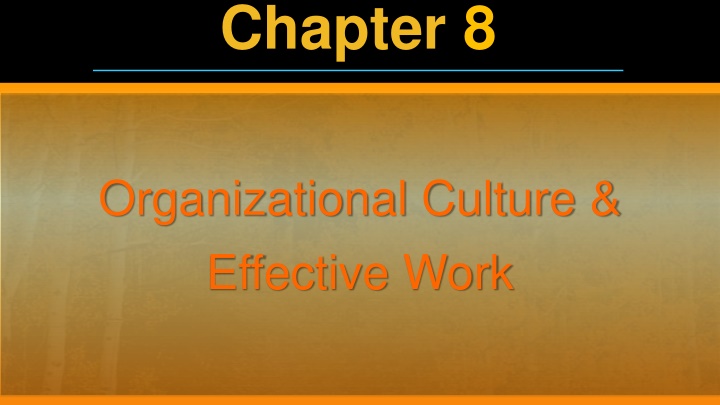
Organizational Culture and Effective Work Practices
Explore the concepts of organizational culture, characteristics of organizations, leadership strategies, and the evolving social contract in the workplace. Learn about indicators of organizational culture and how to navigate changing structures for career development and workforce success.
Download Presentation

Please find below an Image/Link to download the presentation.
The content on the website is provided AS IS for your information and personal use only. It may not be sold, licensed, or shared on other websites without obtaining consent from the author. If you encounter any issues during the download, it is possible that the publisher has removed the file from their server.
You are allowed to download the files provided on this website for personal or commercial use, subject to the condition that they are used lawfully. All files are the property of their respective owners.
The content on the website is provided AS IS for your information and personal use only. It may not be sold, licensed, or shared on other websites without obtaining consent from the author.
E N D
Presentation Transcript
Chapter 8 Organizational Culture & Effective Work
Presentation Overview Changed social contract Characteristics of organizations Organizational culture Kinds of organizations Changing organizational structures Leadership and organizational culture Career and workforce development CIP perspective
Changed Social Contract Old social contract Loyalty = economic security New social contract Based on opportunities for training & development Loyalty more to the profession
Changed Social Contract Job security vs. employability security what s the difference? Focus on developing skills and competencies that are valued in the marketplace
Characteristics of Organizations Drucker s view: special purpose institutions they concentrate on one task clear, focused mission
Characteristics of Organizations Organizations select members Employees are both independent & interdependent within this social system Organizations are always managed Must be able to function in rapidly changing conditions
Organizational Culture Defined 1) Members have shared experiences in solving problems 2) Shared world view among group members 3) Learned product of group experience over time 4) May include subcultures within departments or teams
Indicators of Organizational Culture Indicator Observable behaviors Regular behavior Dress, office interactions What are some What are some examples of these examples of these in organizations in organizations you re familiar you re familiar with? with? Norms Work effort, work taken home Dominant values Importance of family Philosophy Views of employees Rules Time management, office relationships Feeling or climate Physical layout, level of trust among workers
Increasing Diversity in Organizations More older workers More immigrants and diverse ethnic racial groups More people with disabilities More women
Organizational Problems Related to Culture New technologies Can you think Can you think of some examples of some examples from your work from your work experience? experience? Intergroup conflicts Communication breakdowns Training problems
Kinds of Organizations 1) Profit-Making 2) Nonprofit What type of What type of organization do organization do you see yourself you see yourself working in? working in? 3) Entrepreneurial Nonprofits 4) Governmental 5) Quasi-Governmental Why? Why? 6) Associations
Changing Organizational Structures Triangle shape replaced by diamond-shaped workplace Top 5-10% = executives & managers Bottom 15-40% = contract & temporary workers Middle 50-80% - lead teams, supervise co-workers 5-10% 50-80% Core Workers 15-40%
Changing Organizational Structures Changing structure of work organizations Characteristics of these new organizational structures Communities of practice Emphasis on interconnections, teamwork, fewer boxes What Holland types are likely to be valued in these new types of organizations?
Leadership and Organizational Culture Organizational founders as first source of culture Schein describes organizational leadership as culture management Newer organizations use of work teams, task forces to provide leadership
Career & Workforce Development Workforce planning What the organization does to ensure proper growth What strategies What strategies can you use to can you use to effectively manage effectively manage your career your career once on the job? once on the job? Career development What individuals do to ensure their interests, values, skills, and goals are met in the organization
CIP Perspective Self-Knowledge Connecting organizational information to your interests, values, & skills Understanding how the new social contract has affected job security Knowing what supervision & leadership style you work best under Understanding how organizational culture may inform your career decision-making How do these How do these relate to relate to Holland s Holland s RIASEC types? RIASEC types?
CIP Perspective Option Knowledge PCT must consider organizational culture in addition to occupational knowledge Need for workers who can function effectively in diverse organizations RIASEC types can describe organizational culture and how it might fit with a person s interest How might How might your RIASEC your RIASEC code inform code inform the type of the type of organization organization you want to you want to work in? work in?
CIP Perspective Decision-Making (CASVE Cycle) Pay attention to feelings/instincts during interviews Carefully observe organizational culture in members behavior Career decision-making may be influenced by match between the individual and the organization
CIP Perspective Executive Processing Changing notion of career due to new social contract Importance of personal development & strategic career vision Having an entrepreneurial mindset Need for new career metacognitions: awareness of skills and value you bring as an employee
Summary Organizations as the context for one s career New social contract: focus on employability security Importance of understanding organizational culture Need to incorporate changing organizational cultures and structures into your PCT and career decision-making


